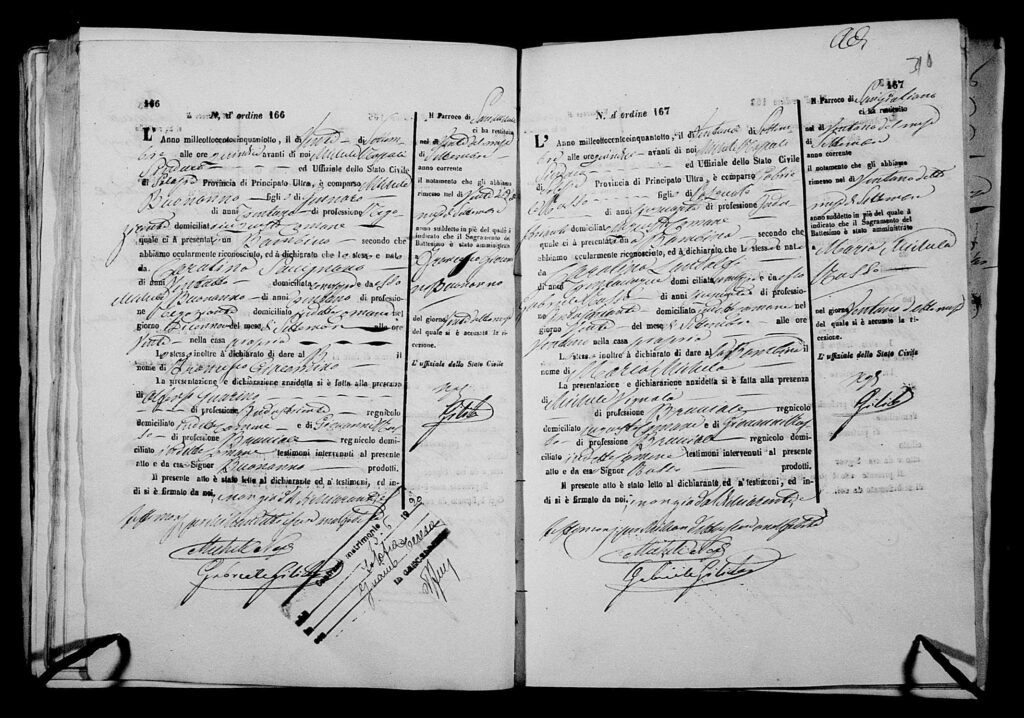Francesco Buonanno (1858-1940)
Francesco Buonanno was born in Solofra (AV) on 19th September 1858, the son of Michele and Carolina Savignano, into a well-to-do family of merchants dedicated to tanning by ancient tradition.
When their father died, it was his sons who inherited the family factory, but it was Francesco himself, a few years later, who took over the reins, transforming it into a full-fledged factory employing over 200 workers.
Thanks to savings and shrewd investments, he was able to significantly increase production over time. Not only that: endowed with great business acumen, he soon realised the importance of refining and modernising processing techniques, which gradually became more efficient and profitable. The resulting improvement in the quality of the goods produced led to national and international recognition, so much so that they received invitations to exhibitions and shows all over the world (Turin, Palermo, St. Louis in the USA, etc.).
Alongside his business activities, Buonanno also dedicated himself to local political life, distinguishing himself for his civic commitment and defence of community interests. He was elected mayor of Solofra from 1899 to 1902 and then again from 1911 to 1912, promoting important initiatives aimed at improving the local infrastructure and supporting the tanning industry, the economic pillar of the area.
The Buonanno company’s production specialised in chrome tanning – a highly innovative technique at the time, still used in Italy in very few factories – which, however, was ill-suited to the production of uppers, which were in great demand during the First World War. Despite this, Francesco was able to adapt and reinvent himself, managing to mechanise – thanks to a steam engine – at least part of his production, thus becoming the first factory in the south in the supply of war equipment.
After the war, the company managed to maintain its dominant position in the tanning industry throughout the 1930s. In the last years of his life, Francesco Buonanno was joined by his grandchildren, who inherited the company.
He died in Solofra on 26th May 1940.
You can consult the birth certificate on the Ancestors Portal: Archivio di Stato di Avellino, Stato civile della restaurazione, Solofra, 1858
The original is kept at the State Archives of Avellino.

